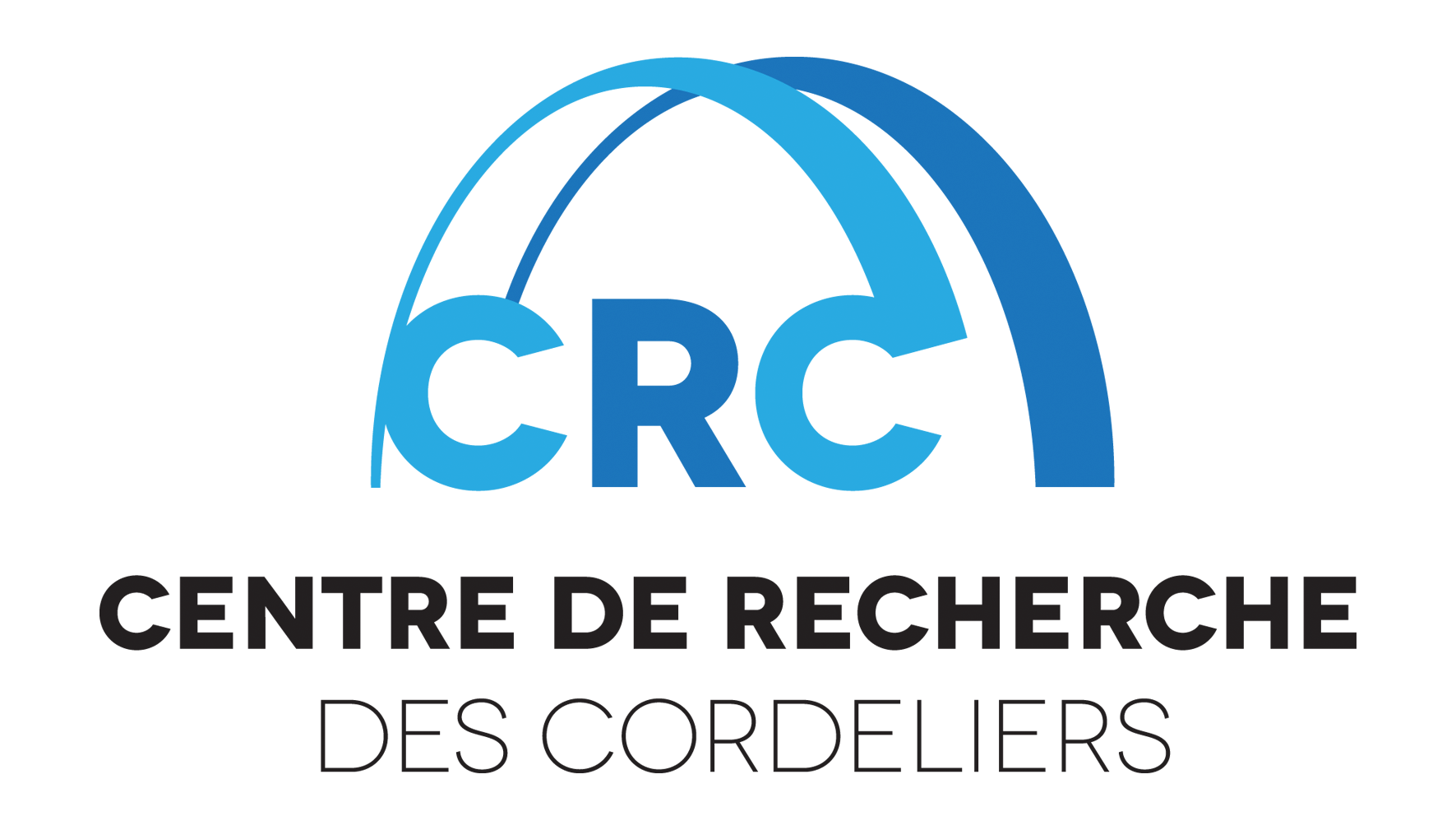Par : Denis Wirtz
Date : jeudi 08 janvier 2026
12:00 - 13:00
Summury :
Our group has recently developed CODA, an AI-based platform to map whole diseased and healthy organs and organisms in 3D and at single-cell resolution. CODA solves the challenge of imaging large volume samples, while preserving high spatial resolution.
Through integration with other multi-omic approaches – such as spatial transcriptomics and proteomics – CODA allows for unprecedented cellular and molecular profiling of tissues. I will discuss the new biological insights into tumor onset and progression gained from the use of CODA, including ovarian and pancreatic cancers, and associated biomedical implications for early detection of cancer. I will also introduce our new CAR T therapies that exploit synthetic velocity receptors that dramatically increase the ability of traditional CAR T cells to readily infiltrate fibrotic tumors. We demonstrate their enhanced effectiveness in pancreatic, ovarian, and lung cancer.
Short Bio:
Denis Wirtz is the Theophilius H. Smoot Professor of Engineering and Science Wirtz received a physics engineering degree from the Free University of Brussels in 1988, and MSc and PhD in Chemical Engineering from Stanford University in 1993. Wirtz has been the Vice Provost for Research of Johns Hopkins University since 2014.Through research at the interface of physics, engineering, and oncology, Wirtz has made seminal contributions in cancer cell migration, mechanobiology, 3D imaging, and immuno-oncology. He has developed quantitative methods, including particle-tracking microrheology, multi-compartment organoids and high-throughput cell migration assays. He has introduced CAR T technology to enhance solid tumor infiltration. Recently, he has developed CODA, a, AI-based method to image large volumes of tissues and tumors in 3D dimensions. Denis Wirtz has founded the Johns Hopkins Institute for NanoaBioTechnology (INBT). He is the Director of the NCI-funded postdoctoral training program in nanotechnology for oncology and. Director of the NCI-funded Physical Sciences-Oncology Center (PS-OC) and the Johns Hopkins Cellular Cancer Biology Imaging Cancer (CCBIR) Center. Wirtz is author and co-author of 275 peer-reviewed articles published in journals such as Science, Nature, Cell, Nature Reviews Cancer, and Nature Cell Biology. Wirtz received the NSF Career award in 1995; he is fellow of the Institute for Medical and Biological Engineering (AIMBE), the American Association for the Advancement of Science (AAAS), the American
Physical Society (APS), and member of the Royal Academy of Medicine of Belgium.

